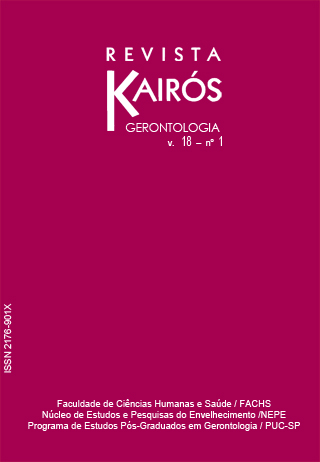Long-stay Institution for the Elderly as an socioeducational space: challenges and prospects
DOI:
https://doi.org/10.23925/2176-901X.2015v18i1p361-376Keywords:
Long Term Care Institutions, Elderly, Professional performance.Abstract
Long-stay institution for the elderly (LTCF) is not a new issue in Brazil. This institutional mode, however, needed to be expanded due to the significant increase in the elderly population, and reconfigured in its functions, given the changes in the Brazilian family, which becomes very useful to try to understand its current operation. The aim of this qualitative study of descriptive character, is to analyze the social and educational sense a LTCF - one problematised formulation and dynamic articulation of relevant features of the professional profile that her work and profile of its residents. The development of the research was through literature review and document analysis in the area of Human and Health Sciences, including publications in digital media. The results of the analysis highlight the issue of understanding of care, in particular one that has come to be required of a LTCF: the Continuing Care for the reception and care of a newborn egress hospitalization elderly. This requires the training of its professionals for proper performance before the profile of the elderly, many without family support or a social network. The data reveal indicators of emotional availability, physical and mental those workers, working conditions, physical space and infrastructure of LTCF with a view to ensure equitable care and quality of care for older people.


